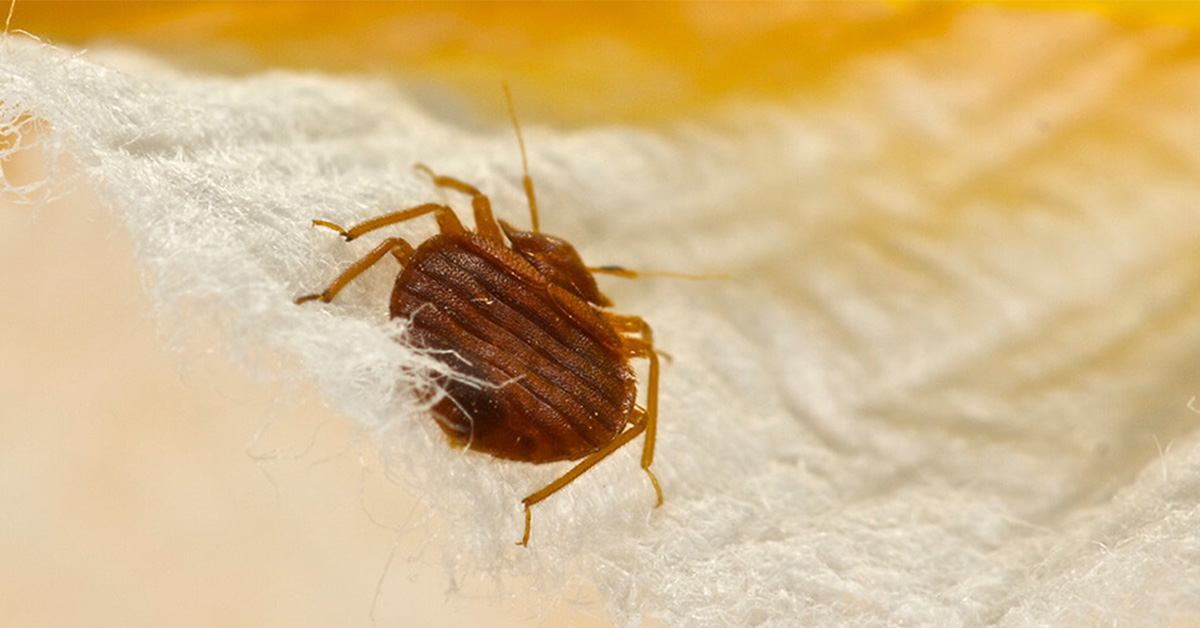A Breakdown of the Different Kinds Of Bug Control Solutions
In the world of parasite control, a wide range of methods exist to address and deal with the presence of undesirable creatures. From the conventional usage of chemical pesticides to much more cutting-edge biological control remedies, each technique offers unique advantages and constraints. As we navigate via the diverse landscape of bug control solutions, recognizing the complexities of each approach becomes extremely important in determining the most efficient strategy. Keep tuned as we explore the nuanced world of parasite control approaches and find just how each kind plays a distinct duty in safeguarding our atmospheres.
Chemical Pesticides
Chemical pesticides are frequently utilized in bug control to properly remove a wide range of bugs and other insects. These pesticides work by targeting the anxious system of the bugs, interrupting their typical features, and ultimately resulting in their demise. Making use of chemical pesticides has been a staple in the pest control industry for decades due to their performance and fast results.

Nevertheless, it is essential to utilize chemical pesticides with care due to their prospective harmful results on the setting and non-target species. Incorrect application or overuse of these chemicals can result in contamination, injury to advantageous bugs, and resistance growth in insect populaces. It is crucial to follow security guidelines and regulations when using chemical pesticides for insect control.
Biological Control Techniques
Taking into consideration the possible environmental effects and dangers connected with chemical pesticides, biological control methods offer an even more sustainable method to handling insect populations. Biological control involves the usage of all-natural opponents, such as parasites, killers, and virus, to subdue pest populations. This approach is often a lot more targeted, affecting just the specific pest types while lessening harm to beneficial insects, human beings, and the environment.

Once developed, natural adversaries can help manage pest populations continuously without the need for duplicated applications of chemicals. Furthermore, organic control is usually more cost-efficient and can aid reduce chemical resistance in parasite populaces over time.

Mechanical Parasite Control
Mechanical insect control involves important link the physical control or elimination of pests to handle their populations properly. One usual example of mechanical insect control is making use of traps to catch insects or rats.
An additional mechanical approach is the use of obstacles such as displays, fences, or webs to obstruct pests from entering particular areas. By literally avoiding bugs from accessing a place, the possibility of infestations or damage can be significantly reduced. In addition, hand-operated techniques like handpicking insects off frameworks or plants can be efficient for smaller-scale problems.
While mechanical parasite control techniques can be labor-intensive, they use a non-chemical choice that can be environmentally pleasant and sustainable. By targeting pests straight, mechanical control methods can help maintain bug populations in check without relying on chemicals.
Natural Treatments
Making use of natural solutions for bug control provides a lasting and green technique to managing pest populaces without resorting to chemical interventions. All-natural solutions involve using substances originated from plants, minerals, or various other normally occurring resources to discourage or remove parasites. Growing particular herbs like basil, mint, or lavender around your residential property can drive away bugs due to their strong fragrances. Diatomaceous planet, a powder made from fossilized algae, can be utilized to deal with insects like ants, roaches, and bed bugs by dehydrating their exoskeletons.
In addition, vital oils such as tea tree oil or neem oil have insecticidal properties that can successfully regulate pests while being risk-free for the setting. An additional natural treatment is presenting valuable insects like ladybugs or praying mantises to your yard to prey on damaging bugs. By including these natural services into bug monitoring strategies, individuals can decrease their reliance on synthetic chemicals and promote a much healthier, extra well balanced ecosystem.
Integrated Insect Administration
Integrated mosquito control Bug Administration (IPM) is a thorough strategy that incorporates numerous strategies to effectively control pest populations while minimizing risks to human health and the environment. IPM involves the integration of multiple parasite control approaches such as organic control, environment control, adjustment of cultural practices, and making use of resistant crop ranges. By making use of a combination of these methods, IPM aims to reduce reliance on chemical pesticides, which can have adverse influences on ecosystems and human wellness.
One trick element of IPM is the emphasis on prevention. By applying actions to avoid bug invasions before they take place, such as preserving proper sanitation and securing entrance factors, the demand for reactive pest control actions is lessened. Tracking and regular examinations play a critical function in IPM, permitting very early detection of parasite problems Read Full Article and punctual intervention.
Verdict
In conclusion, the different kinds of parasite control solutions provide a variety of alternatives for successfully managing insect invasions. Organic control approaches utilize natural predators to manage bugs. Integrated Bug Monitoring combines multiple techniques for an alternative strategy to pest control.
Chemical chemicals are commonly used in pest control to efficiently get rid of a broad variety of bugs and other insects.Mechanical bug control includes the physical control or removal of bugs to handle their populaces successfully (Kings Bed bug exterminator Cincinnati).Making use of all-natural treatments for insect control offers a environmentally friendly and sustainable strategy to handling insect populations without resorting to chemical treatments.Integrated Parasite Administration (IPM) is a detailed method that combines numerous methods to efficiently control pest populaces while lessening risks to human wellness and the atmosphere.In conclusion, the numerous types of bug control remedies offer an array of alternatives for efficiently managing pest problems